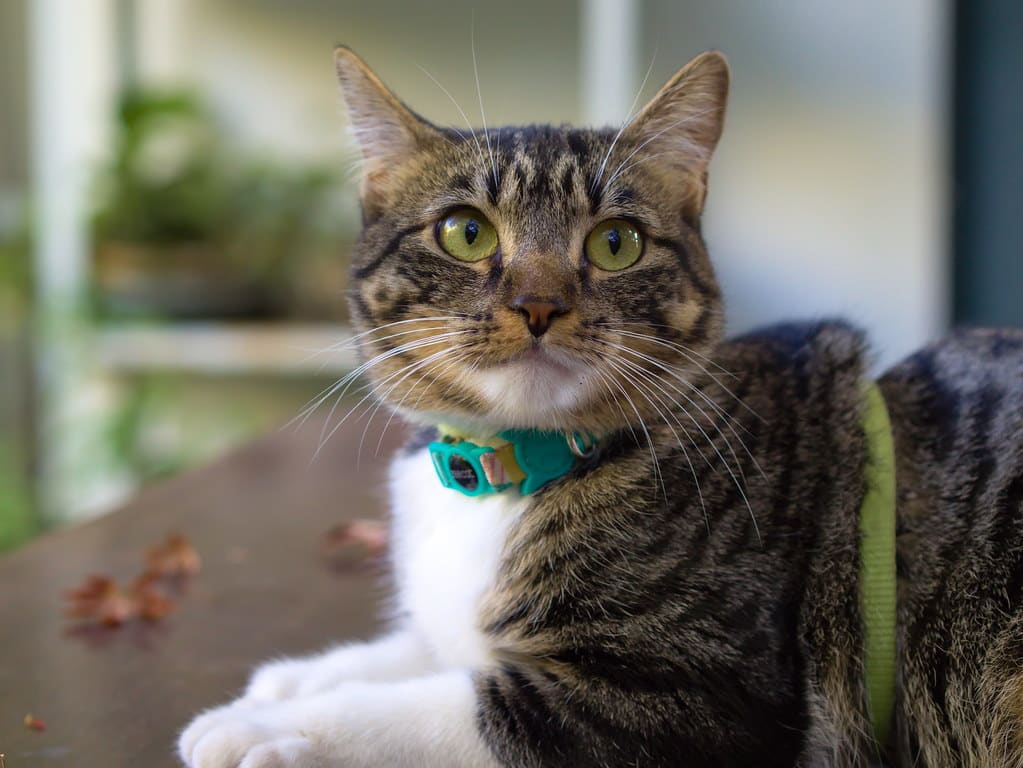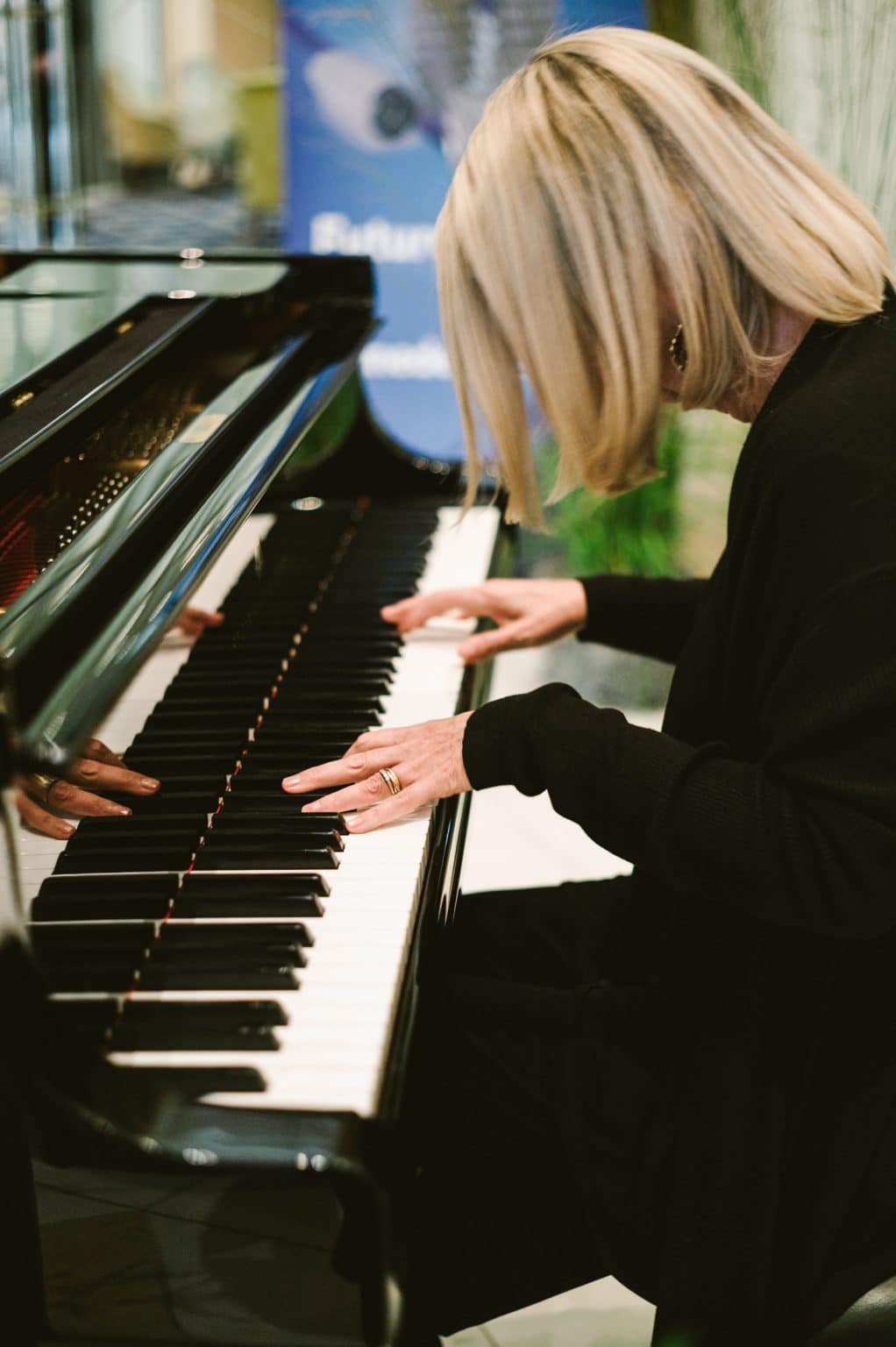
During his presidency, Abraham Lincoln declared November 26th a “national day of thanksgiving.” The holiday, meant for reflection, gratitude, and fasting—evolved over the centuries into an occasion set aside for mainlining gravy, combat shopping, and the televised spectacle of muscle-bound adult men trying to kill each other on a football field, cheered on by young women in silver fringed bikinis and go-go boots.
Some of us still recognize the day for what it is, although this year, restricted from travel and super-spreader soirées, we’re forced to dig deeper to muster a little warm and fuzzy thanksgiving-ness. I’ve been living in Europe for twenty-six years, and although I haven’t exactly gone native, living in a land devoid of most American traditions—good luck finding a proper turkey or baton twirler in Germany—has made me cherish the ones I’ve left behind. I confess to experiencing a twinge of remorse every year when Thanksgiving rolls around, but that has more to do with missing my family than it does with cornbread, turkey wattles, or cornucopia centerpieces.
I was a Thanksgiving baby. My mother went into labor around 1 a.m. on November 25th, 1957, an inconvenient date for Mom, who had been determined to have one last peaceful Thanksgiving dinner at home before all hell (and water) broke loose.
Sixty-three years ago, Thanksgiving was a hectic time in the music business. When Dad, a jazz drummer, got Mom’s emergency call, he was preparing to start the last set of his Monday night gig at Pittsburgh’s Point View Hotel—a grandly named venue that was basically a saloon with a couple of rental rooms upstairs. He raced from the payphone back to the bandstand and tossed his sticks to Hershey Cohen, a brilliant trumpet player with a debilitating stutter. Hershey, as luck would have it, was a drummer wannabe.
“Hershey!” shouted Dad. “You’re on!” Hershey tried to argue, but his speech impediment—combined with the paralyzing fear of having to sit in for one of the region’s best drummers— prevented him from getting the words out. By the time Hershey managed to say said n-n-n-no, Dad was home. It was 2 a.m. and my mother was sitting on a towel, her packed hospital bag at her side.
“Let’s go!” she said. “Let’s get this show on the road!”
“I left Hershey in the lurch! The poor band! Poor Hershey! What will they do?” said Dad.
“What about me?” said Mom.
“I have to change clothes,” said Dad.
“What about me?”
“I can’t show up at the hospital dressed like a jazz musician. What would they think? What should I wear? The green or the blue cardigan?”
Eventually, they arrived at the hospital where Mom spent seventeen hours in labor. Dad kept going home and changing clothes. In 1957 men were shunned from the labor and delivery area—where all the fun was happening— which left him little to do but wait, contemplate his next costume change, and worry about his Point View Hotel gig on Tuesday night. He dreaded returning to the bandstand empty handed—what, no baby?— but at the rate things were progressing (or not), he was facing the jazz guy walk of shame. What—no cigars? I arrived at 8 p.m., which left him just enough time to buy a round of drinks for friends at a bar next door to the hospital, go home and change clothes again, and head back to the Point View. In keeping with family tradition, he never missed a night of work.
I was two days old when I attended my first turkey dinner at Southside Hospital—back then women routinely stayed in the hospital for five days after giving birth. I recently asked Mom, who has always had an odd affinity for institutional food, about her Thanksgiving dinner that year. She said: “The meal was excellent!”
*****
I’ve never been big on holidays that glorify the misdeeds of our forefathers. It has been reported that settlers in my hometown of Pittsburgh—on Thanksgiving of all days!—attempted to poison Indigenous People with smallpox infested blankets, an early iteration of biological warfare and the ultimate Christian slap-in-the-face thank you gift. Pittsburgh has gotten its hospitality chops together since that unfortunate incident, unless of course, you’re visiting from Cleveland during football season.
As a kid, before I knew about the poison blankets, I was fond of the fantasy kumbaya Pilgrim story—even if the Pilgrim outfits and hymns were a little on the austere side. My father joked that our ancestors were the lounge act on the Mayflower. Pilgrims: The Musical! How my ancestors got from Plymouth Rock to Pittsburgh, I’m not sure—perhaps with the Priscilla Standish Trio (featuring Lil’ Humility Alden on fife), but I can pretty much guarantee they were not cloaked in white bibs, cone hats, and buckled shoes when they arrived.
Every year, with my brother and sister, I watched the Macy’s Thanksgiving Day Parade on television, silently judging the marching bands and majorettes in their feathered hats and shiny tights. The floats and balloons weren’t so interesting to me, but I loved the drumlines, the choreographed trombone players of the Grambling State University Marching Band, the way the piccolo trill slashed through the blast of the brass section, and the ear-splitting peal of the glockenspiel.
Oh, to learn how to twirl a cymbal.
Forget the Pilgrims! I longed to be part of that Macy’s parade, a marcher, flag bearer, majorette, a prancing elf or a glittering fairy or one of Santa’s fake-fur-clad helpers. Every Thanksgiving during the sixties and early seventies, I lolled on the Ethan Allen sofa, one ear tuned to whatever piece the featured college band was playing, the other taking in the sounds of Mom and Grandma Curtis preparing the dinner. They broiled and basted; they polished and pressed; they stirred and chopped and vacuumed and mopped until the meal was ready, the house was spotless, and the entire neighborhood smelled like a Pepperidge Farms spa with croutons soaking in a hot tub of butter, onions, celery, and turkey fat.
My mother made excellent pies. Stripey the cat thought so, too. No store-bought pie crusts in our kitchen, but homemade masterpieces that involved chilled butter, shortening, Grandma Rawsthorne’s secret-weapon multi-generational aluminum pie pans, and a big dusty mess in the kitchen. One year, Stripey leapt to the counter and, as cats do, walked across a pumpkin pie, an hour before guests were due to arrive. Without missing a beat, mom reached into the fridge, grabbed a spray can of whipped cream, covered the incriminating paw prints with an inch of white fluff, and swore me to secrecy. In her defense, Stripey’s catwalk happened a decade before our awareness of toxoplasmosis, so her cover-up was hardly a bioterrorism act on the level of the smallpox blankets, but still. She could have offed the entire family, which may have been exactly what Stripey had in mind.
Every Thanksgiving, following cocktails and some sort of fancy nut-covered cheeseball served with Triscuits, we hovered over the table in our small dining room and listened to Grandma Rawsthorne, musical director of Haven Heights Methodist Church, sing:
Be present at our table, Lord,
Be here and everywhere adored,
These mercies bless and grant that we,
May feast in paradise with thee.
Really, her booming contralto voice was a miracle. In show biz terms, she was a tough act to follow. But Mom outdid herself year after year—the dinner was always lovely and traditional: turkey, stuffing, mashed potatoes and gravy, greenish beans, cranberry sauce, three kinds of pie (one with paw prints). Left to my own devices, I would have eaten all of the mashed potatoes. Those potatoes were heavenly.
Certain members of my family professed unreasonable enthusiasm for a casserole referred to lovingly as “scalloped oysters.” This culinary nightmare, upheld by my dear Uncle Billy and Aunt Jean as a true gourmet delight, featured a quart of raw fresh oysters, cream, milk, butter, and saltine crackers. Even Stripey stayed away.
“Fine,” said Uncle Billy. “More scalloped oysters for the rest of us.”
We gave thanks, we took another serving of something we didn’t need, and, up to our cone hats and white bibs in stuffing and mincemeat, pushed away from the table, certain that next year and the next and the next, we’d all be back for more.
We should have seen it coming, but we didn’t. One by one, we began to die, to bend with age, to move away, to drift—bulky with the burden of newborns and in-law obligations—to other family units. But back then, our original family clung together, watched parades, ate the damn scalloped oysters, told pilgrim and turkey jokes. Maybe we even gave thanks, in a tipsy, lucky-us kind of way. Maybe we were naïve or blissfully ignorant. Maybe we were happy.
What I would give to sit at my mom’s Thanksgiving table one last time.
This year my birthday falls on Thanksgiving Day, just as Abraham Lincoln intended. Like so many Americans in this time of plague and paucity, I’ll be forgoing festivities, but my recollections of family and friends will sustain and nurture me. To a ravenous woman, even a modest meal is a feast.
In the late nineties, ruminating over Thanksgivings lost, my Aunt Pinky and I wrote a cringe-worthy halfway-ironic country-western song (complete with a bastardized lady-baby rhyme) that made us laugh and cry all at once.
There’s always someone missing at the table,
Always someone who ain’t able,
To pick up the Thanksgiving ladle,
And pour on the gravy of life.
Oh, the gravy of life.
I still think in the right hands this could be a hit. If only Grandma Rawsthorne could show up to sing it. We would put Pilgrim buckles on our tap shoes and take the show on the road. Dad could be in charge of costume changes. Hershey could sub on drums. Mom and Grandma Curtis could cater the tour. Scalloped oysters for the band, and buckets of gravy for anyone else who’s hungry for love and mashed potatoes, perhaps not in that order.
Gravy: The Musical! Maybe not this year, but the next and the next and the next.
